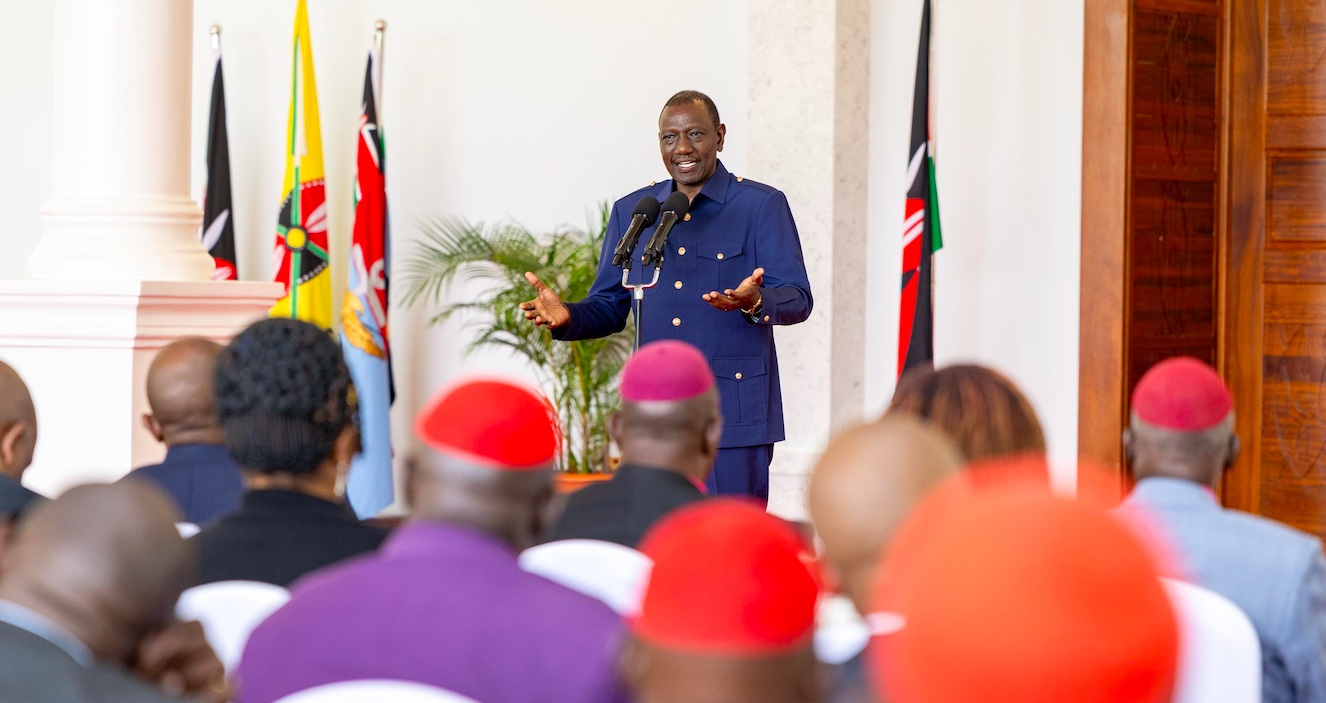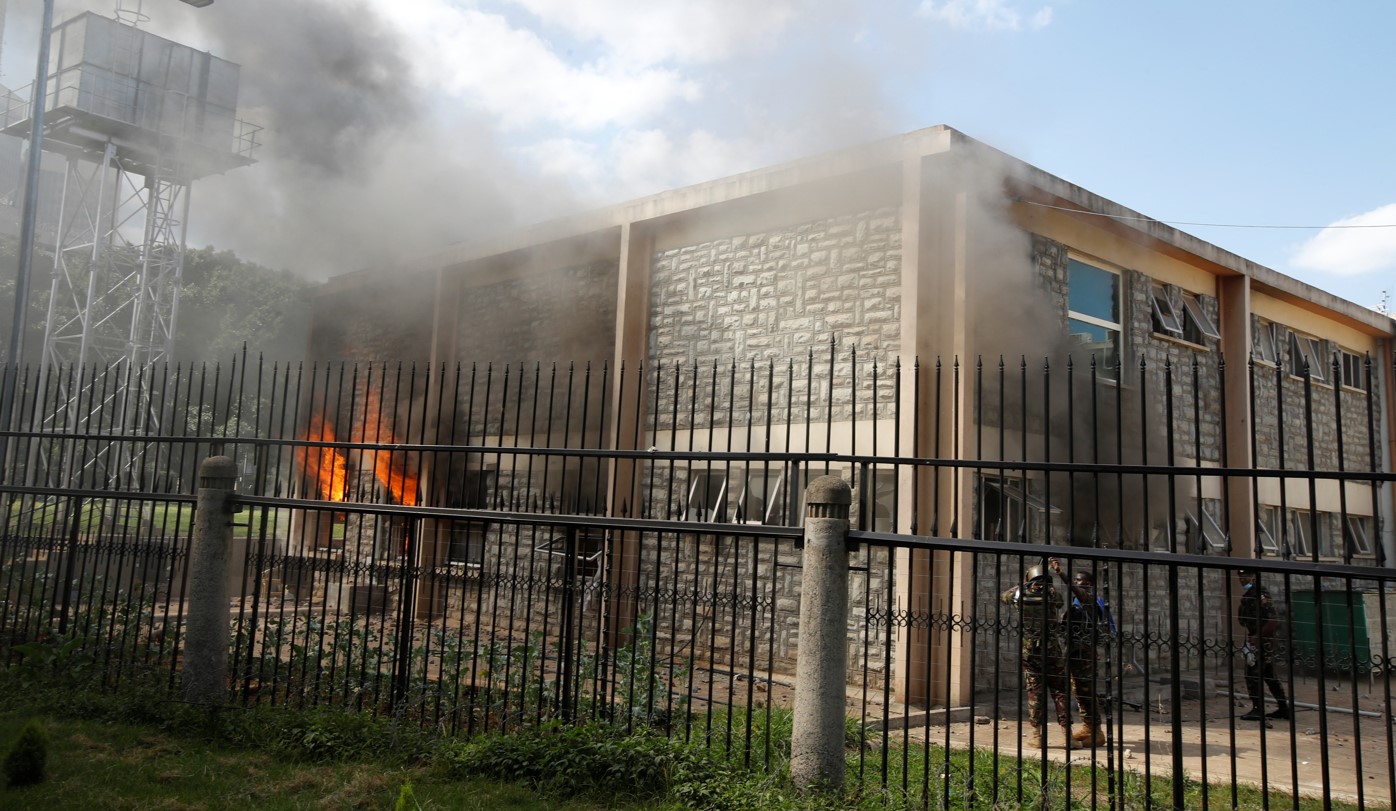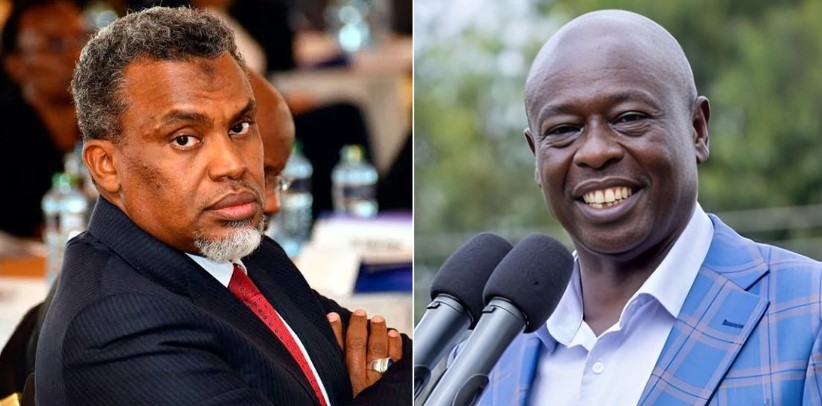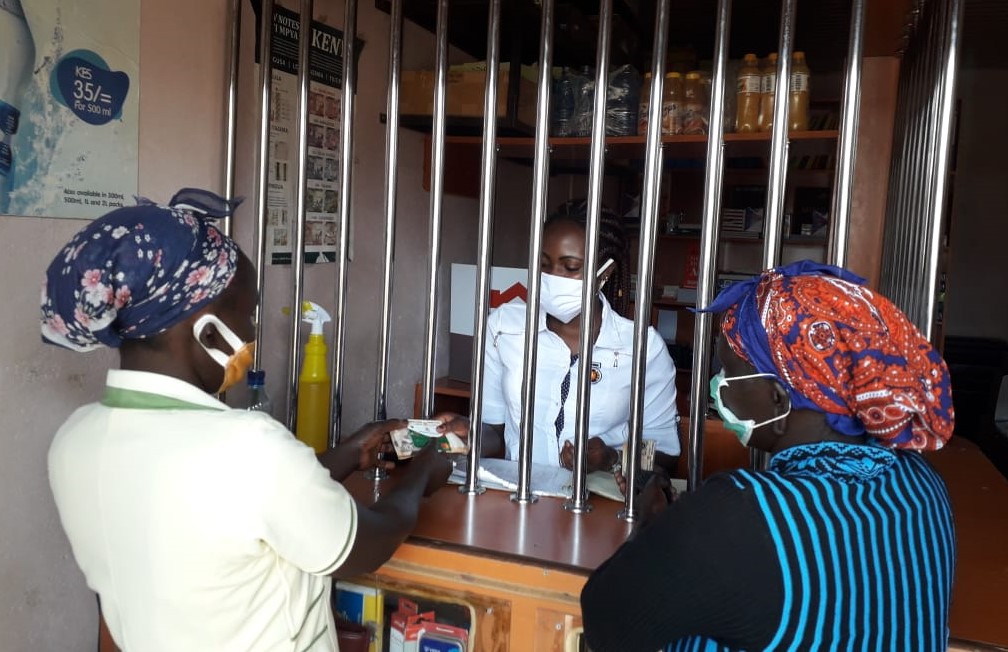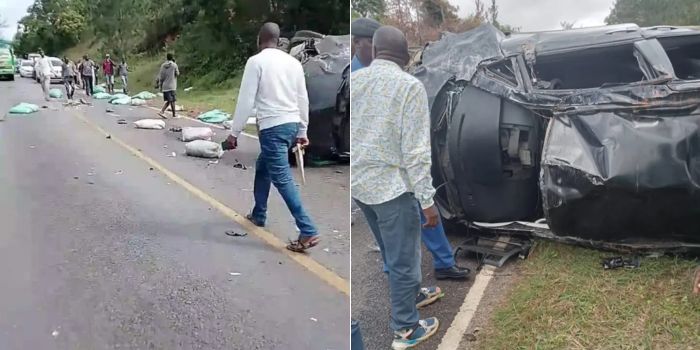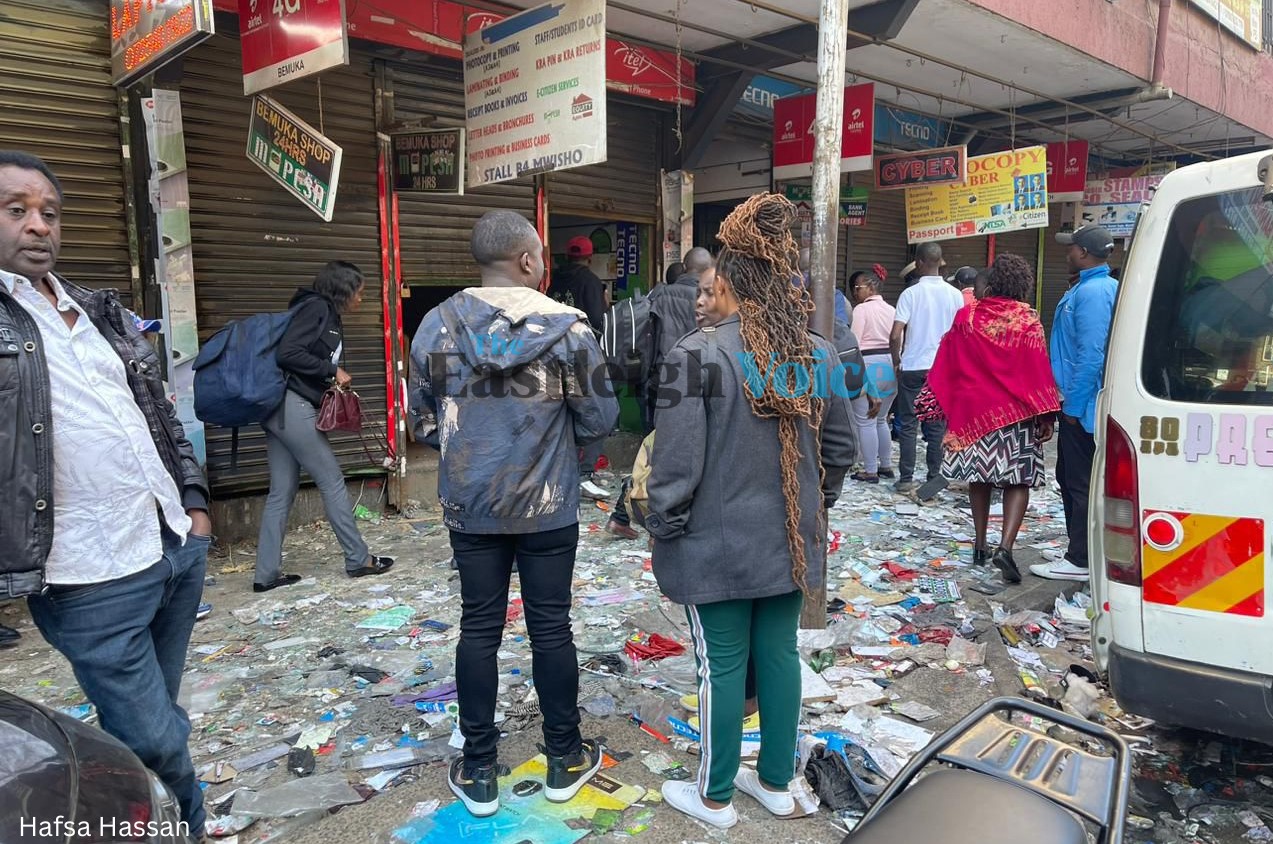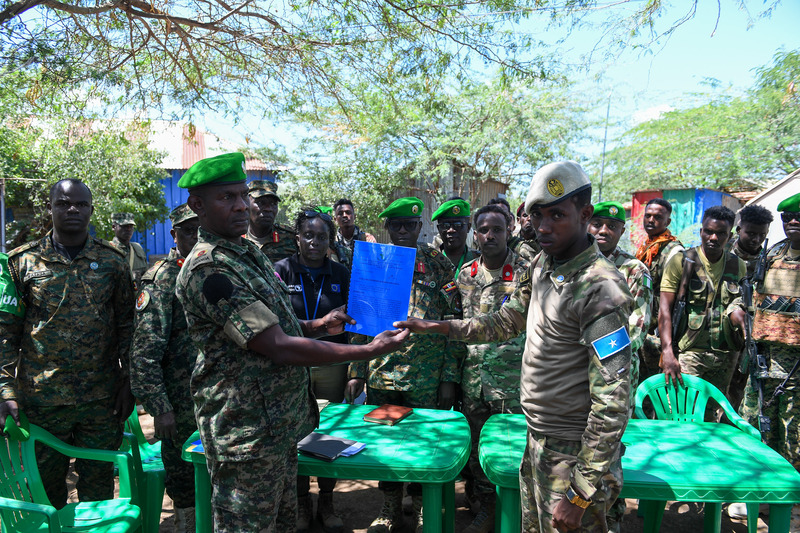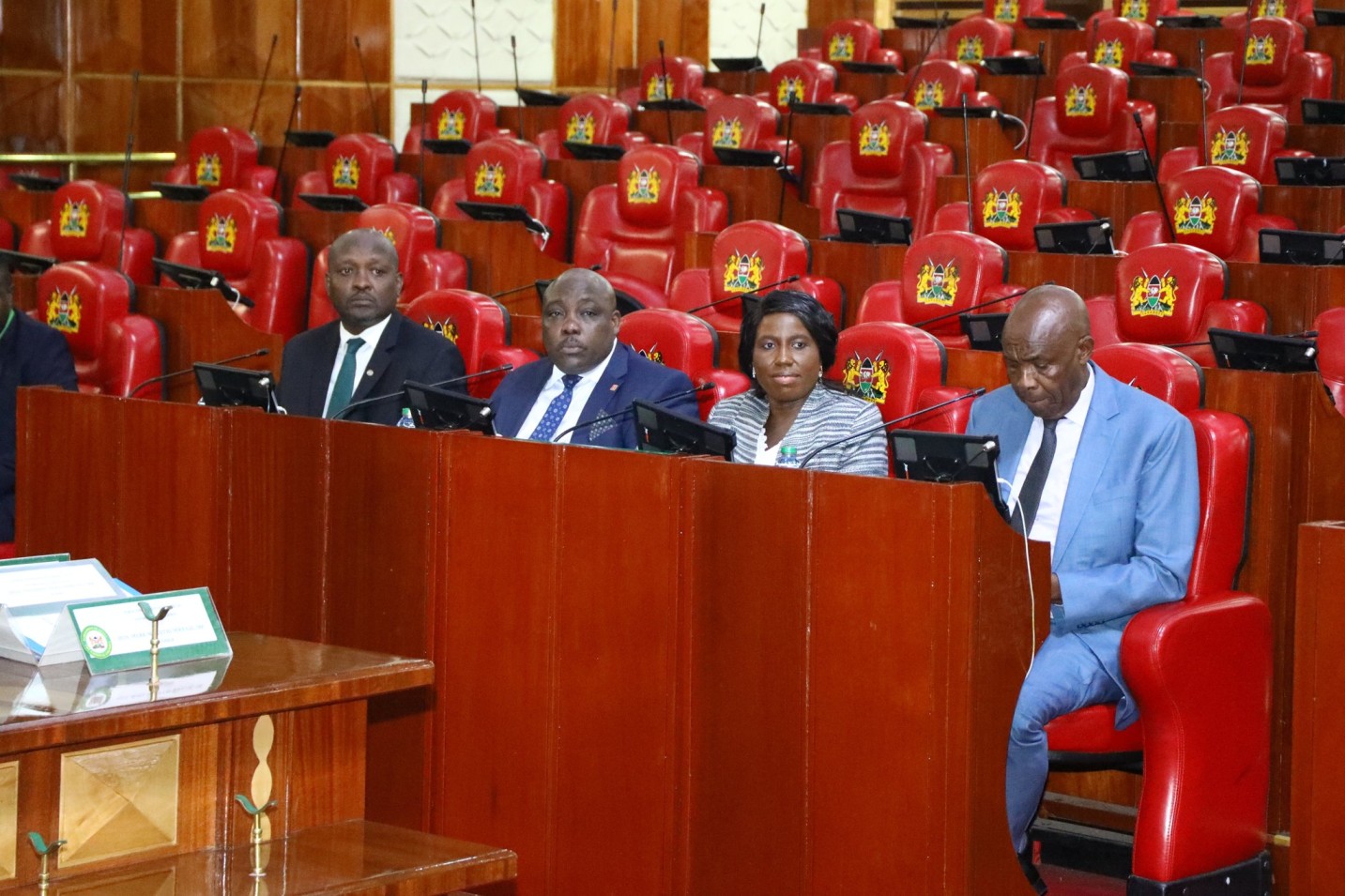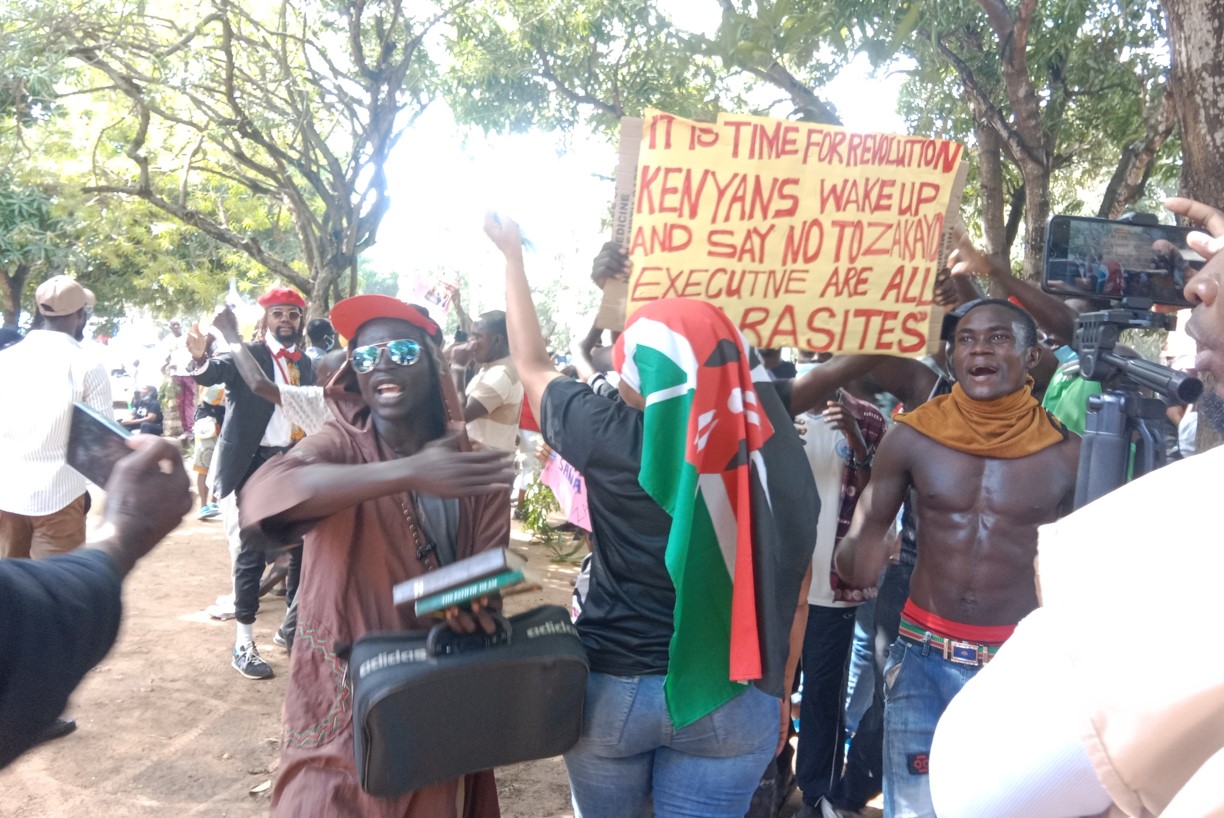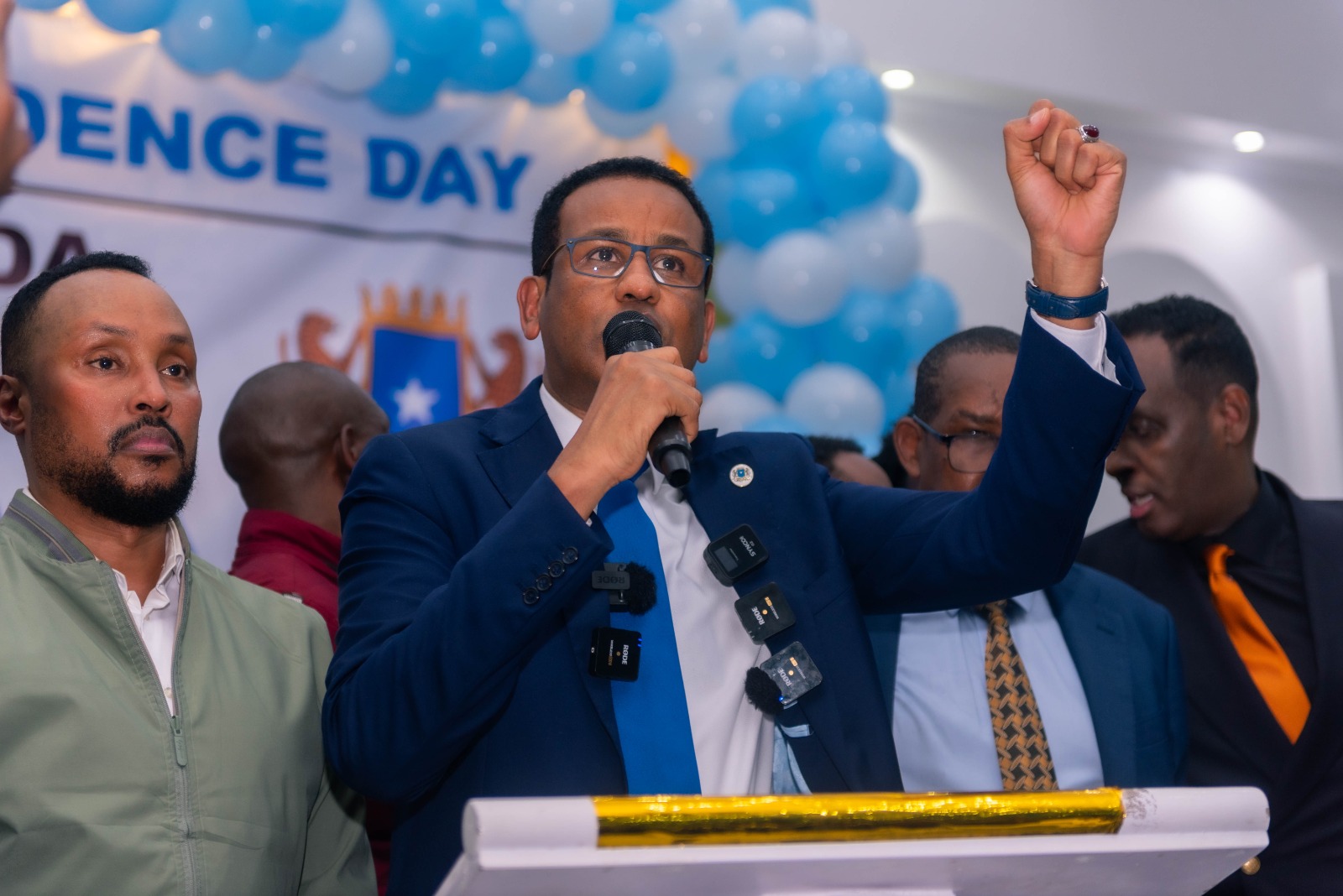Four million children affected by conflict, climate crisis in Somalia - UN expert
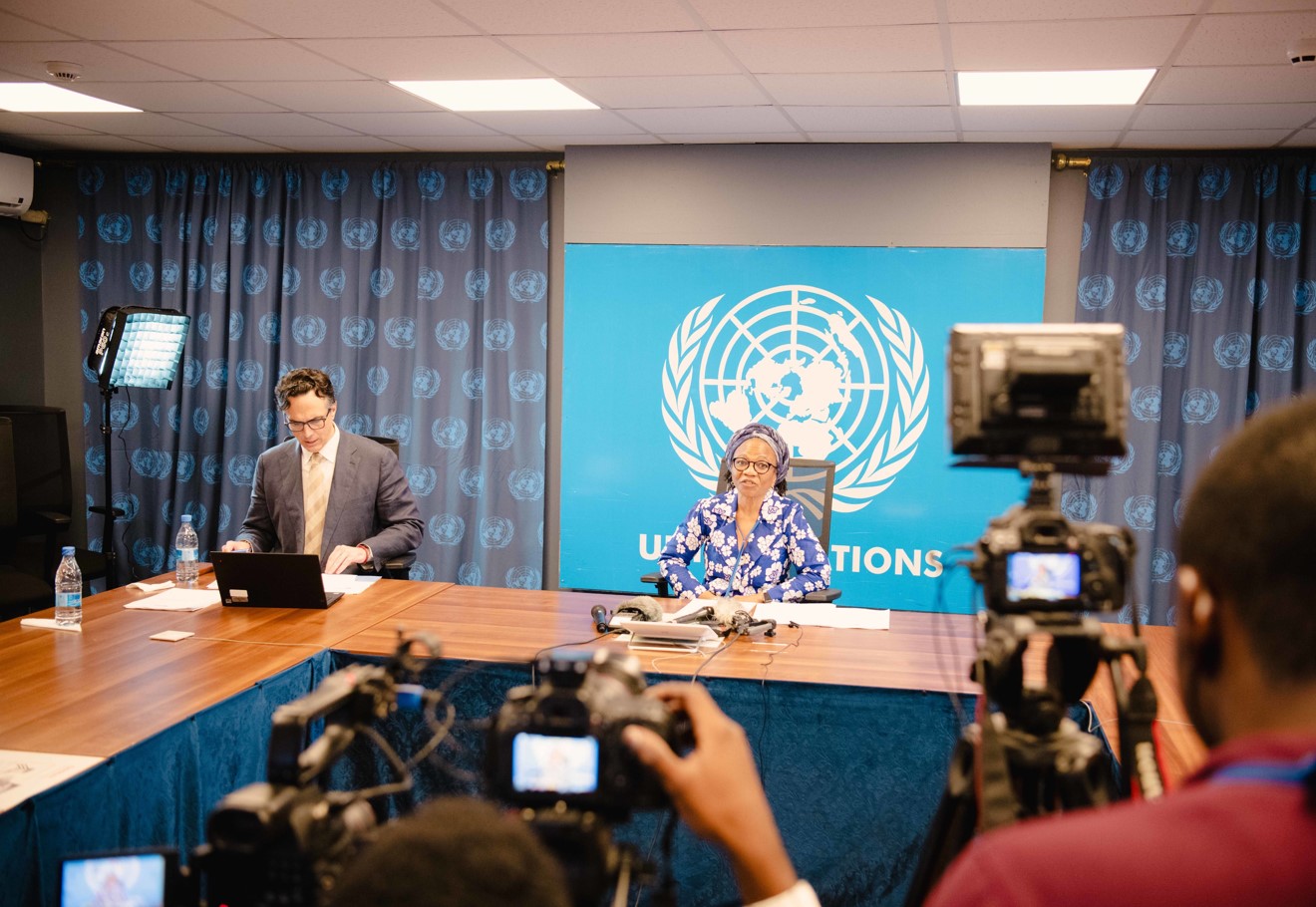
By Lucy Mumbi |
Isha noted that some of the most important issues that children and other vulnerable people are facing include forced evictions, as well as inadequate clearance of mines and hazardous materials in liberated areas.
Approximately four million children have been affected by the conflict situation as well as the impact of climate change in Somalia, UN independent expert on the human rights situation in Somalia Isha Dyfan has said.
Isha noted that some of the most important issues that children and other vulnerable people are facing include forced evictions, as well as inadequate clearance of mines and hazardous materials in liberated areas.
Keep reading
“Children represent 60 to 70 per cent of the Internally Displaced Persons (IDP) and other vulnerable populations. Most important challenges facing vulnerable communities include forced eviction and its impact on children as well as inadequate clearing of mines and hazardous materials in liberated areas that put children at risk,” she said during a press conference in the Somali capital at the end of her latest visit to Somalia.
According to the expert, the situation has also been worsened by limited access to hard-to-reach areas to provide services to vulnerable populations.
“I noted slow progress in the implementation of the National Action Plan on Children and I wish to call upon the Federal Government to take measures to promote and protect women and children's rights,” Isha said.
She however commended the Federal Government of Somalia for the efforts it has already put in place to protect minors.
In #Mogadishu today, the Independent Expert on #humanrights in Somalia, Isha Dyfan, briefed the media on her five-day visit, which saw her meet with representatives from the Federal Government, civil society, @ATMIS_Somalia and the @UNinSomalia.
— UNSOM (@UNSomalia) May 9, 2024
For more: https://t.co/nas99R8JMH pic.twitter.com/iGMz31FPd9
“These include measures to prevent the recruitment and use of children as soldiers, implementing age verification processes, and biometric registration within the Somali National Armed Forces to ensure compliance,” she said.
International community assistance
She called on the international community to continue its assistance to Somalia towards strengthening the Federal and State institutions, and the justice and security sector and addressing the negative effects of climate change on the populations, in particular ensuring access to basic social services such as water supply, health delivery and education for all children.
The UN expert also advised Somalia to use debt forgiveness and allocate the money into areas that will contribute to the development of education and the improvement of people's health.
Isha further outlined the "epidemic problem" of sexual and gender-based violence and murder, noting the lack of accountability for perpetrators.
"In this context, I reiterated the need to take all necessary measures to strengthen the capacity for investigation and prosecution of sexual and gender-based violence and to promote a safe environment where victims and survivors can report crimes without any fears of reprisals or stigma and to ensure that victims are protected, have access to justice and effective remedies," the UN official urged.
Her latest visit saw her spend five days in Mogadishu, where she had a wide-ranging series of meetings with representatives from the Federal Government of Somalia, civil society, the African Union Transition Mission in Somalia (ATMIS) and various United Nations agencies, funds, and programmes.
Topics covered in the Independent Expert’s meetings included the country’s constitutional review process, legislative and institutional developments, the protection of civilians in the light of the ATMIS drawdown as well as violations of the rights of women and children.




